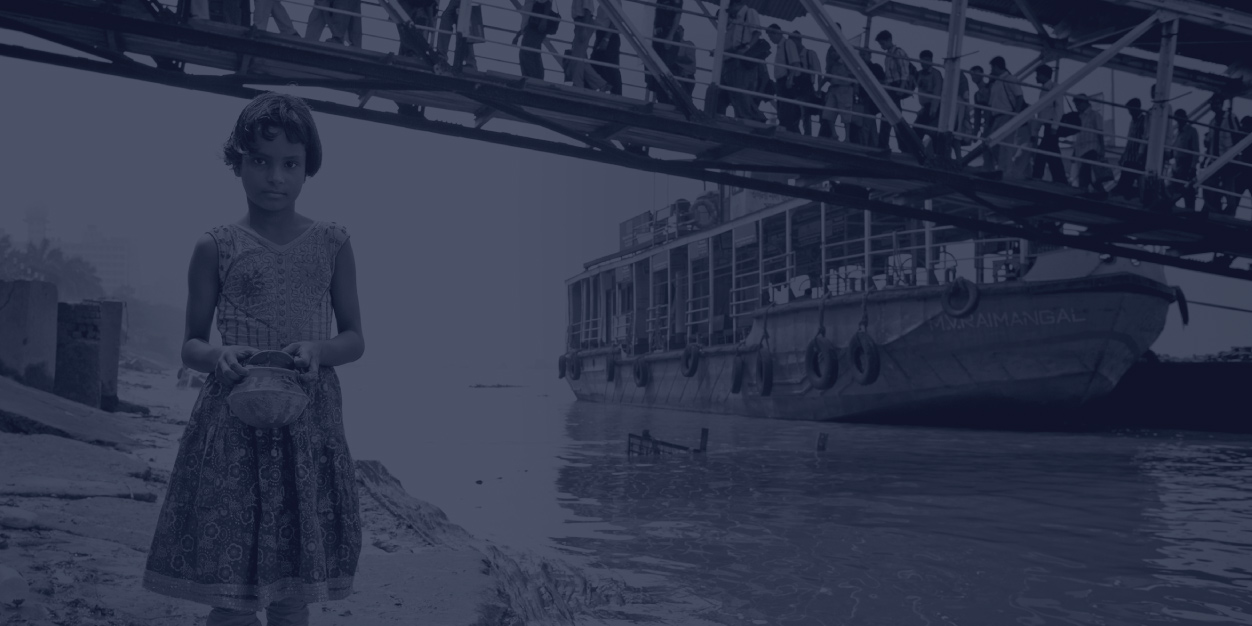Over the years, I have sat with many poor mothers and fathers as they have shared their stories of surviving genocide, slavery, and abuse. The pain they describe is unfathomable—and I’m tempted to imagine that the people who endure it are somehow different from me. Maybe, somehow, they just don’t feel things like I do.
Maybe they expect less, care less, hope for less, want less, or need less. But painfully, over time, I have seen that they are exactly like me.
Lucila, a resident of the tiny Peruvian town of La Union, and the mom of a spunky 8-year-old little girl named Yuri, received dreadful news early one morning. “Someone on the phone said, ‘Yuri has been murdered at the party hall,’” Lucila told me, her dark eyes now beginning to swim with tears.
It didn’t matter that she was poor.
Like any parent, Lucila just wanted to know what happened to her daughter.
The last time Yuri’s family saw her was inside a local party hall owned by a much wealthier neighbor, Pedro Ayala. One of the children had seen Yuri go upstairs to the Ayala’s residence and never come back down. Her family left that night, each adult thought the little girl was with another.
The terrible mistake wasn’t realized until next morning – when somebody had dumped Yuri’s crumpled body in the main street, in front of the Ayala’s residence.
Two police officers and a prosecutor came to the scene, but departed without asking the Ayalas any questions. Yuri’s relatives and neighbors were agitated. What was happening? Feeling desperate, they made their way into the party hall. Upstairs, they found a dirty mattress on the floor, soaked with blood. Next to it were Yuri’s little boots, her hat and clothes.
In Yuri’s case, the perpetrators left behind a shameful mess, but they never were charged or convicted with the crime. The Ayalas “took care of it” with their money and power. Horribly, in this rural Peruvian village, if you are a victim of a crime and you want the law enforcement to see justice on your behalf, you have to pay for it. Justice only exists for those who can afford it.
I would later meet a half-dozen other mothers from the same region who represented hundreds of mothers whose daughters had been raped. They told me the same thing: “The police just dismiss us and say, ‘I can’t help you.’ We don’t get justice because we are poor.”
I wish this were an isolated, terrible story. But it’s not.
According to a thorough report by the United Nations, “most poor people do not live under the shelter of the law, but far from the law’s protection.”
When we think of global poverty we readily think of hunger, disease, homelessness, illiteracy, and dirty water, but very few of us immediately think of the global poor’s chronic vulnerability to violence—the massive plague of sexual violence, forced labor, illegal detention, land theft, assault, police abuse and oppression.
While conducting research for our book, The Locust Effect, we found that you can provide all manner of goods and services to the poor, as good people have been doing for decades, but if you are not restraining the bullies in the community from violence and theft—as we have been failing to do for decades— that critical assistance can easily be stolen away. Indeed, if we want to safeguard the vital work that so many are doing around the world to help our poorest neighbors thrive, then we must protect the poor from violence.
Without the world noticing, the locusts of common, criminal violence are right now ravaging the lives and dreams of billions of our poorest neighbors, like Lucila and Yuri. The challenge is to see violence for what it is and to end the impunity that allows it to happen again. If we want to witness the end to global poverty, we must reevaluate what’s been missed in our traditional efforts. We must change the game.


